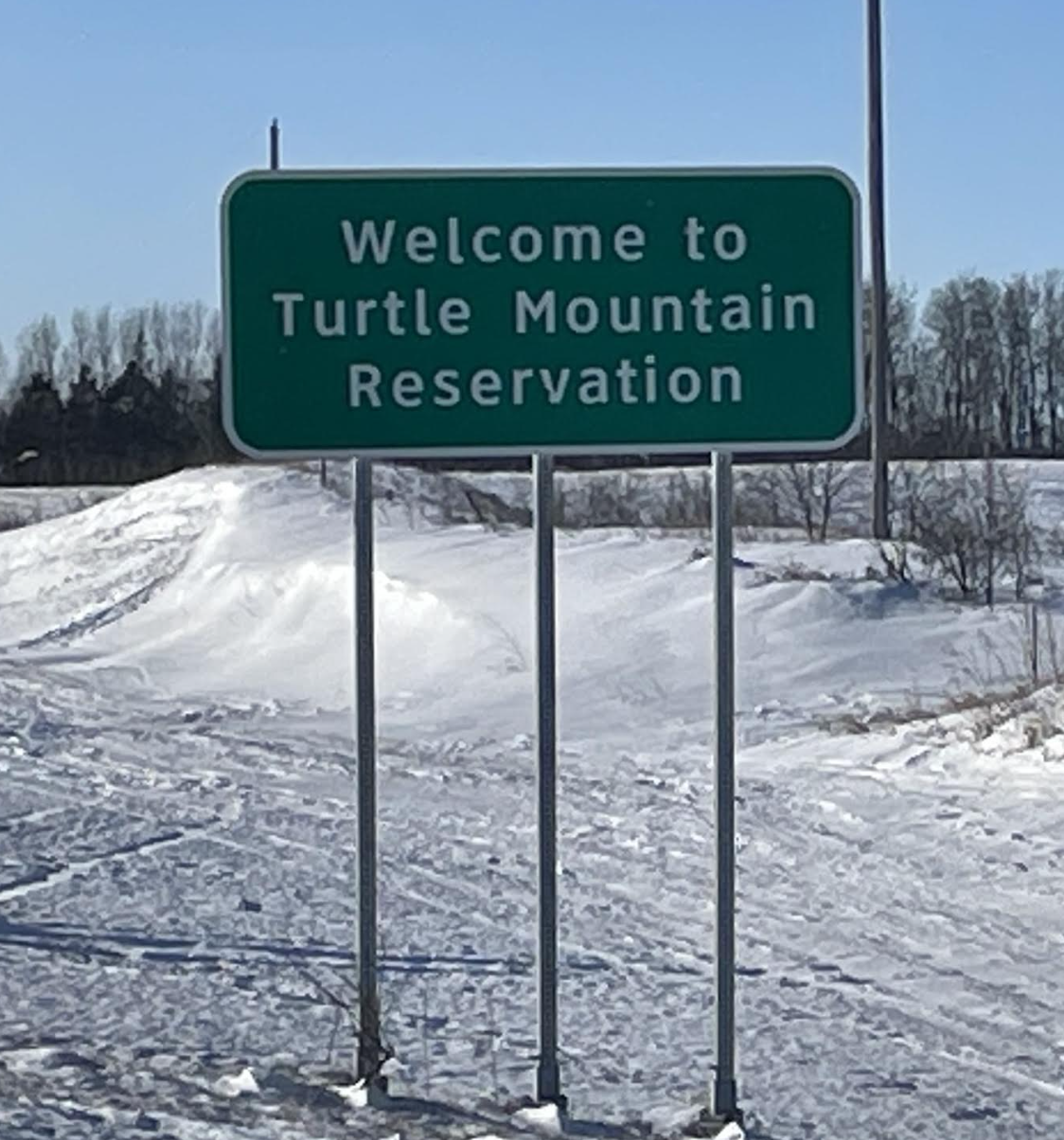Native Vote. On Thursday, the U.S. Court of Appeals for the Eighth Circuit declined to reconsider its controversial ruling that bars voters from suing to enforce Section 2 of the Voting Rights Act, which prohibits racial discrimination in voting.

This decision is a significant setback for Native American voters in North Dakota, who have been fighting since 2021 for fair representation. It also sets a troubling precedent that threatens the ability of voters nationwide to challenge discriminatory electoral maps and fight for responsive, representative government.
"Today's ruling wrongly restricts voters disenfranchised by a gerrymandered redistricting map, as Native voters in North Dakota have been, from challenging that map under the Voting Rights Act. Native voters in North Dakota have struggled for nearly a century for the right to vote and for inclusion in the democratic process and Tribal Nations and Native voters will continue to fight to defend their rights," said NARF Staff Attorney Lenny Powell.
Mark Gaber, senior director for redistricting at Campaign Legal Center, added, “This decision severely undermines the Voting Rights Act and is contrary to both the intent of Congress in enacting the law and to decades of Supreme Court precedent affirming voters’ power to enforce the law in court. If left intact, this radical decision will hobble the most important anti-discrimination voting law by leaving its enforcement to government attorneys whose ranks are currently being depleted. The immediate victims of today’s decision are North Dakota’s Native American voters, who a trial court found were subjected to a map that discriminated against them on account of race. Campaign Legal Center will continue to fight to uphold the VRA and ensure fair maps.”
The Eighth Circuit first disrupted long-standing legal precedent in 2023 by ruling that only the U.S. Department of Justice can bring Section 2 claims. With today’s decision, it has doubled down—blocking voters across Arkansas, Iowa, Minnesota, Missouri, Nebraska, North Dakota, and South Dakota from using Section 1983, the nation’s core civil rights enforcement law, to bring Section 2 cases.
NARF, along with co-counsel Campaign Legal Center, Robins Kaplan LLP, and The Law Office of Bryan L. Sells, LLC, represents Native American voters from the Turtle Mountain and Spirit Lake Reservations in North Dakota. These voters deserve a fair map and a fair opportunity to make their voices heard.
Learn more about Turtle Mountain Chippewa, et al., v. Howe: https://narf.org/cases/north-dakota-redistricting-map/
More Stories Like This
Native News Weekly (August 25, 2024): D.C. BriefsNative Bidaské: The Illusion of Freedom and the Myth of America 250, Leonard Peltier Speaks Out
Monday Morning (March 2, 2026): Articles You May Have Missed This Past Weekend
Native News Weekly (March 1, 2026): D.C. Briefs
Scope Narrowed, Report Withheld: Questions Mount Over Michigan Boarding School Study
Help us defend tribal sovereignty.
At Native News Online, our mission is rooted in telling the stories that strengthen sovereignty and uplift Indigenous voices — not just at year’s end, but every single day.
Because of your generosity last year, we were able to keep our reporters on the ground in tribal communities, at national gatherings and in the halls of Congress — covering the issues that matter most to Indian Country: sovereignty, culture, education, health and economic opportunity.
That support sustained us through a tough year in 2025. Now, as we look to the year ahead, we need your help right now to ensure warrior journalism remains strong — reporting that defends tribal sovereignty, amplifies Native truth, and holds power accountable.
 The stakes couldn't be higher. Your support keeps Native voices heard, Native stories told and Native sovereignty defended.
The stakes couldn't be higher. Your support keeps Native voices heard, Native stories told and Native sovereignty defended.
Stand with Warrior Journalism today.
Levi Rickert (Potawatomi), Editor & Publisher

